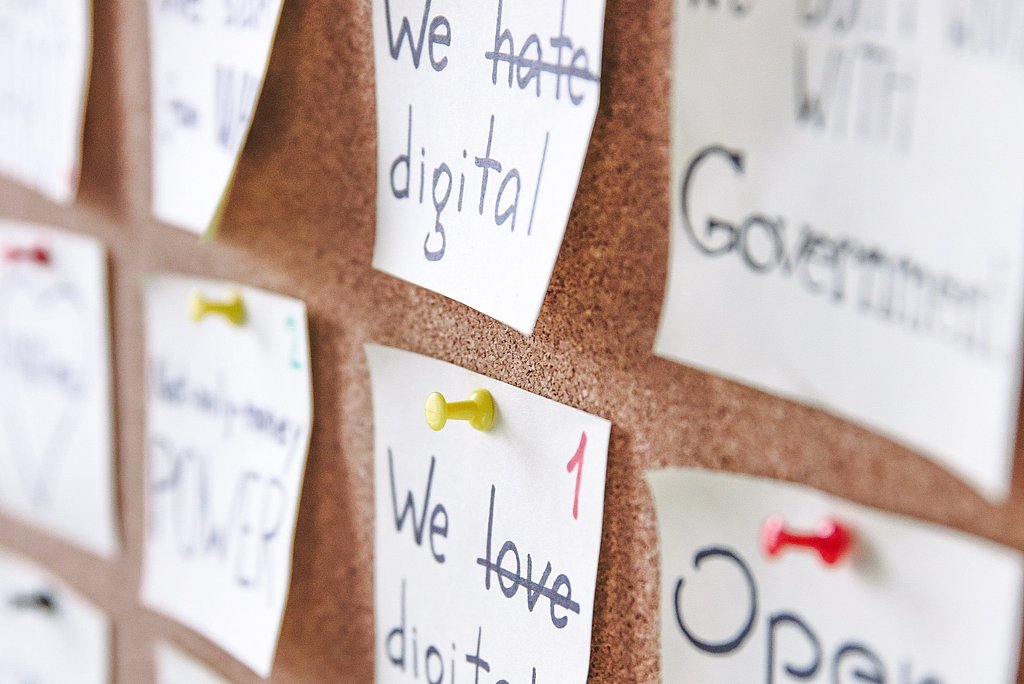While digital technologies are transforming virtually every aspect of our societies, the extent of this transformation is not always sufficiently reflected in the public and academic discourse. Of course, technology companies and law enforcement agencies face regular criticism for their digital surveillance practices. But the use of digital tools and artificial intelligence (AI) in the administration of social welfare systems has received little attention so far.
As technology and society have always been intertwined, technology has always played a role in what we know today as the social sectors. An example is the registration and processing of data concerning people in need, which is not at all a novel concept – often justified by questions like who is deserving and what a society is ready to afford. Hence, registering poor people has been a common practice over centuries: In the Roman Empire metal tokens were issued to food aid recipients, medieval European towns accredited beggars and forced them to wear badges affixed to their clothes.
In the 20th century United States, the introduction of the IBM punch card machine facilitated the registration of millions of people within the timespan of a few months, assigning each individual a unique social security number. This can be regarded as the first large-scale application of modern information technology. Regrettably, a few years later, the same technology was utilized by the Nazi state to administer concentration camps and carry out genocide.
In our contemporary world information technology is in use on all continents. India has enrolled 1.4 billion citizens biometrically and is seen by many as a model for the global South. The proponents of India’s Aadhaar system argue that the issuance of digital identities for people without legally accepted analogue identity documents, is empowering. Skeptics will still pinpoint individuals that remain excluded.
This ambiguity is summarized by Olivia, a student of the Master’s Program in Intercultural Conflict Management (ICM) at Alice Salomon University Berlin: “What’s so interesting, and also frustrating, about exploring the digitalization of society – there are so many developments in the field every day, and so many new potential risks and benefits to society, but the tools we have to deal with these remain quite traditional and limited.”
During the winter semester 2022/23, students of the ICM program together with their lecturers, tried to assess the extent to which The Social is being transformed into The Digital, and whether datafication and biopolitics leave space for social justice. It was an exploratory journey that reviewed different digital technologies, looked at opportunities as well as challenges and risks, such as data privacy, security, exclusion, and abuse.
If it is true that “Data is the New Oil of the 21st Century”, then the question of access is a valid starting point and here, in particular, the dichotomy of privacy vs. transparency. A speaker of FragDenStaat.de, a civil society organization advocating for governmental transparency, made clear that data privacy is often used as a vehicle to conceal and protect existing power structures. A comparison of data privacy practices showed a completely different handling in the Nordic countries than in the rest of the continent.
Speakers representing institutions that measure need, decide on eligibility, effect and withdraw welfare payments, such as the German Federal Employment Agency and UNHCR shared how they are leveraging digital technologies to improve their operations while students analyzed the digital Covid-19 response in different countries and looked at the gender and diversity implications of the ongoing digital transformation. Yet other participants in the course worked on case studies related to places as different as China and the Netherlands and came up with appalling similarities: the use of AI tools for surveillance, in the first case for political control, in the second case to police and detect “welfare fraudsters”.
Acknowledging that no university course can produce a conclusion, it is held that collective learning is possible. As it is (self-)evident that digital technologies are here to stay and will further expand in all social sectors, therefore, it is essential to understand the social and political context of their development and deployment, the opportunities and challenges associated with such technologies, while being guided by values and rights.
It is important not to be blinded by technological “solutionism” which overhypes new digital technologies such as Big Data, Blockchain and AI as the cure to every problem. Silicon Valley thinking, to embrace every new technology, regardless of how disruptive it treats the rights of workers, poor and marginalized people as well as minorities, must be rejected. Or to put it positively: Technologies that empower and serve social justice are possible!
______________
In this article the authors/lecturers reflect on the course “Digital Transformation and Social Justice” which is part of the Master’s Program in Intercultural Conflict Management (ICM) at Alice Salomon Hochschule Berlin.



